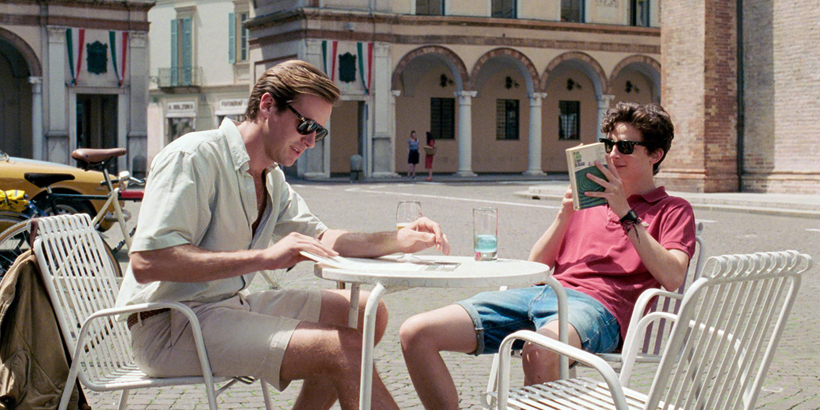André Aciman’s new novel, Find Me, is a beguiling sequel to his ode to obsessive love, Call Me by Your Name. Back in 2007, Aciman’s romantic adventure, helmed by 17-year-old Elio and 24-year-old Oliver, earned a lasting place in the hearts of all of us who have succumbed to a compulsion that feels larger than ourselves. When the lush movie directed by Luca Guadagnino opened 10 years later, it was a worldwide art-house hit, bringing thousands more to the written version, which has now sold more than 700,000 copies in America.
The new book is really a group of novellas. Featuring Elio’s famously empathetic father, Samuel, who had been completely supportive of his son’s first romance, the first section is a classic “strangers on the train” episode. Samuel meets the much younger Miranda, for whom “men were like matches: they caught fire and were shaken off and dropped in the first ashtray that came her way.”

